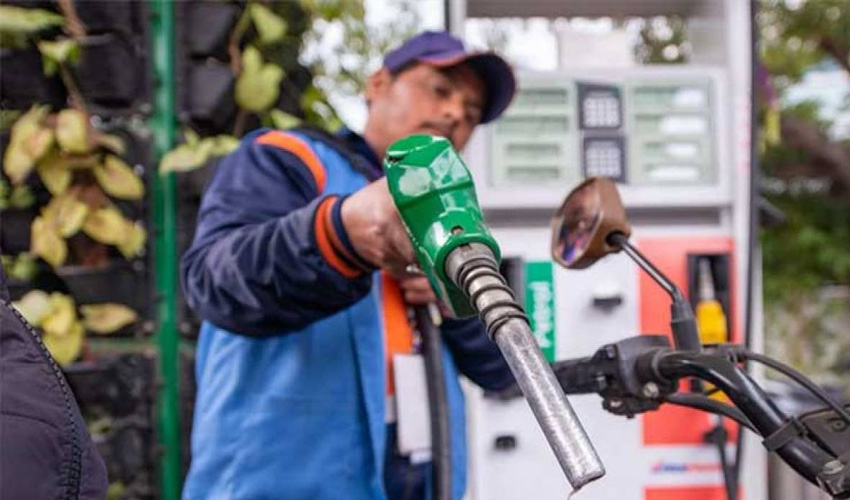Starting from January 16, Pakistan is set to witness another rise in petrol prices, continuing a series of recent hikes that have added pressure on consumers across the nation. This increase is expected to affect daily commuters, businesses, and the overall cost of living, as fuel costs play a significant role in the economy.
Why the Petrol Prices Are Rising
The impending petrol price hike is largely attributed to global oil price fluctuations, as well as the exchange rate of the Pakistani rupee. Over the past month, international crude oil prices have shown an upward trend, forcing the government to adjust domestic fuel prices to align with global market conditions. Additionally, the depreciation of the Pakistani rupee has made imported fuel more expensive, further contributing to the price increase.
The price hike is being implemented by the government in line with its policy of passing on the costs of imported oil to consumers. This approach is seen as necessary to balance the country’s budget, but it often comes at the expense of consumer affordability.
Impact on Consumers and Businesses
For consumers, this price rise means higher costs for daily essentials, especially for those reliant on personal vehicles or public transport. With transport costs set to increase, the prices of goods and services are likely to follow suit, adding further strain to household budgets.
For businesses, particularly those in transportation and logistics, the petrol price increase could lead to higher operational costs. This could result in a rise in the prices of goods and services, which would likely be passed down to the end consumer, further fueling inflation concerns.
Government’s Response and Strategy
While the government has expressed its commitment to stabilizing the economy, including efforts to minimize inflationary pressures, the rising fuel prices present a challenge in this regard. Some measures have been introduced, including subsidies and relief programs, to mitigate the impact on lower-income households, but the effectiveness of these initiatives remains to be seen.
The government is also exploring options for energy diversification, including renewable energy sources, to reduce dependence on imported oil and mitigate the financial burden caused by fluctuating fuel prices.
Looking Ahead: What’s Next for Petrol Prices in Pakistan?
As the government adjusts petrol prices to reflect global market conditions, it remains uncertain whether further increases will be necessary in the near future. The global oil market is notoriously volatile, meaning that additional price hikes or reductions could occur depending on global demand and geopolitical factors.



Comments (0)
No comments yet. Be the first to comment!
Leave a Comment